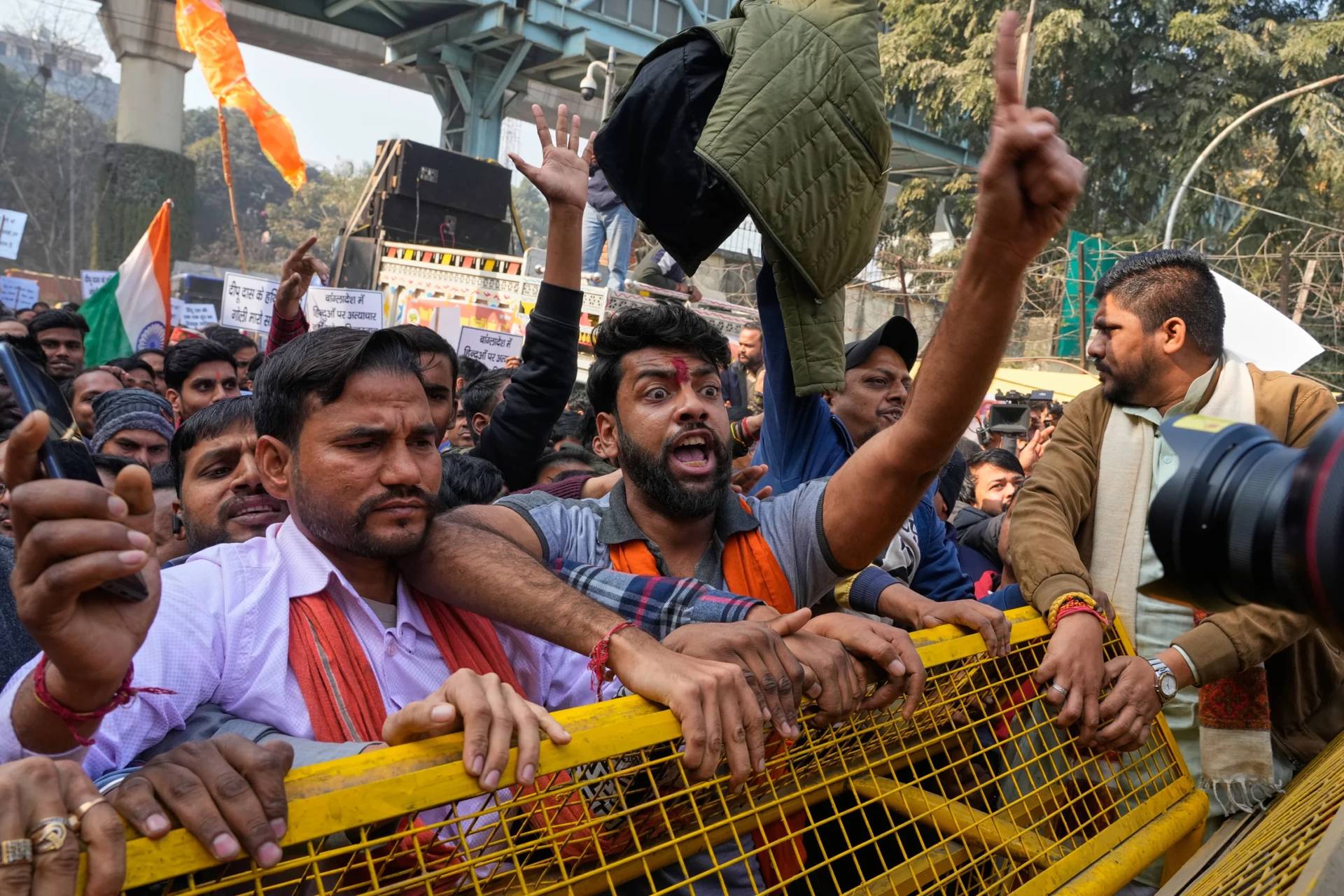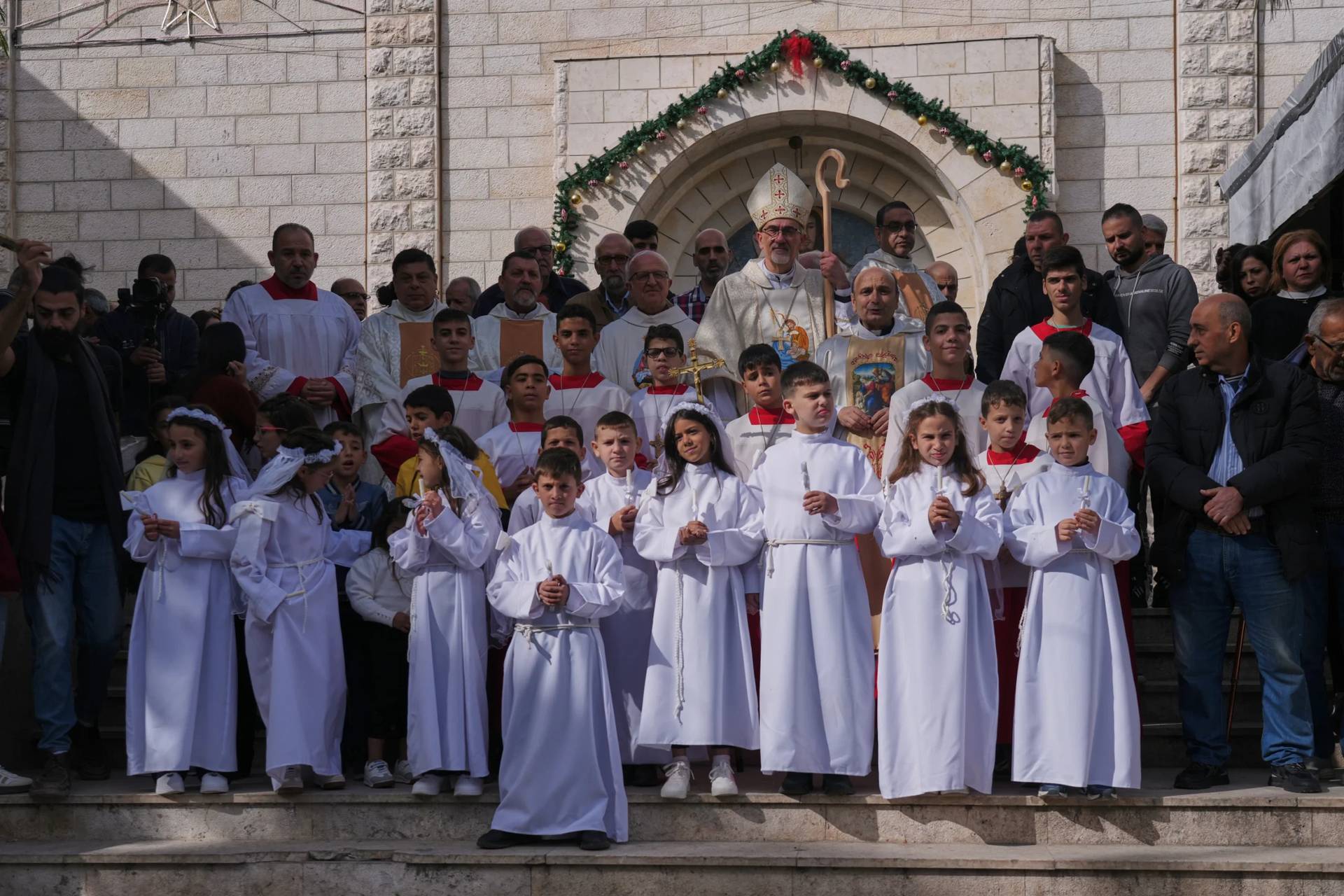HARRISBURG, Pennsylvania — A grand jury investigating clergy sex abuse in six Pennsylvania Roman Catholic dioceses found that Church leaders were more interested in preventing scandal than protecting children, in some cases discouraging victims from going to police or pressuring law enforcement officials to end or avoid investigations, according to a court filing.
The grand jury’s full, nearly 900-page, report is expected to be released in the next two weeks.
But a court filing made public Friday, resolving one of many legal disputes over the report, included excerpts from the grand jury’s findings on the role of Church leaders in the clergy abuse scandal.
According to the document, the grand jury concluded that victims were “brushed aside, in every part of the state, by Church leaders who preferred to protect the abusers and their institutions above all.”
“The main thing was not to help children, but to avoid ‘scandal,'” the grand jury report says.
“Several diocesan administrators, including the bishops, often dissuaded victims from reporting abuse to police, pressured law enforcement to terminate or avoid an investigation, or conducted their own deficient, biased investigation without reporting crimes against children to the proper authorities,” the report says.
The court filing is at least the second to reveal some of the grand jury’s broad findings. In a ruling last week, the Supreme Court disclosed that the grand jury had identified over 300 “predator priests” in the six dioceses that were investigated: Allentown, Erie, Greensburg, Harrisburg, Pittsburgh and Scranton. Together, they minister to more than 1.7 million Catholics.
The latest disclosures came in a filing by the state attorney general’s office and retired Erie Bishop Donald Trautman. He dropped his challenge to the report’s publication in its current form after prosecutors agreed some of its broad claims were not specifically directed at him.
Trautman, who headed the Erie Diocese from 1990 to 2012, issued a three-page statement that expressed his “disgust” with clergy sexual abuse. He said he moved to withdraw his case after concluding his pending appeal likely would mean large parts of the report focused on Erie would otherwise remain blacked out for the immediate future, something he did not want.
The grand jury report will be released initially with the names of some of the accused blacked out. They have argued the report violates their constitutional rights to reputation and due process of law. The court plans to hear oral argument on their claims in September.
Trautman said he has met or tried to meet with every victim of abuse and helped them obtain diocese-paid mental health treatment. He said he also worked with Erie prosecutors in 2002 to review Erie Diocese records on abuse allegations, and prosecutors announced no offenders were in a position to endanger children in the community. He said he also regularly reported accusations to police and removed at least 16 priests from active ministry over allegations of child abuse.
“There is no evidence that Bishop Trautman moved priests from parish to parish to ‘cover up’ abuse allegations or that he failed to take action when an allegation was raised,” according to the statement released by his lawyer, David Berardinelli. “There simply is no pattern or practice of putting the Church’s image or a priest’s reputation above the protection of children.”
Democratic Attorney General Josh Shapiro, whose office ran the investigation, said Trautman’s decision paves the way for victims from the Erie Diocese to have their story told without redactions.
“This was the right decision and should serve as a model for others who continue to fight the release of the report,” Shapiro said.
When Shapiro’s office filed charges in May against an Erie priest, Father David Poulson, court documents alleged that a confidential diocesan memo showed Trautman knew, from at least 2010, about complaints concerning Poulson’s contact with children.
Poulson is accused of sexually assaulting at least two boys between 2002 and 2010. The complaint alleges one of the boys was molested in various church rectories while he served as an altar boy and was made to confess the abuse to Poulson later for absolution.
Trautman responded at that time by saying he had tried to contact the young man to ask about the allegations but received no response.
He also asserted that he had been misled.
“Why would I cover up Father Poulson’s behavior when I had reported to several district attorneys the behavior of other priests? I know of no sexual abuse by Poulson during my time as bishop of Erie,” he wrote in a statement.
AP writer Claudia Lauer in Philadelphia contributed to this story.













